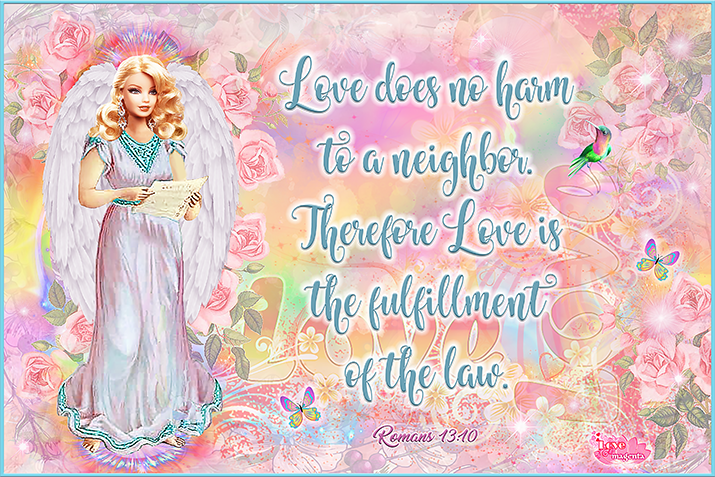The word Torah is transcribed, usually, as law. What is the Torah besides being the first five books of scripture?
Scripture sometimes speaks of the law as the customs that Moses gave the Jews. At other times it is speaking of the eternal laws built into our universe. How can we tell the difference? Could we know the difference if we understood the word torah, and knew exactly when it was transcribed as law?
Scripture sometimes speaks of the law as the customs that Moses gave the Jews. At other times it is speaking of the eternal laws built into our universe. How can we tell the difference? Could we know the difference if we understood the word torah, and knew exactly when it was transcribed as law?

